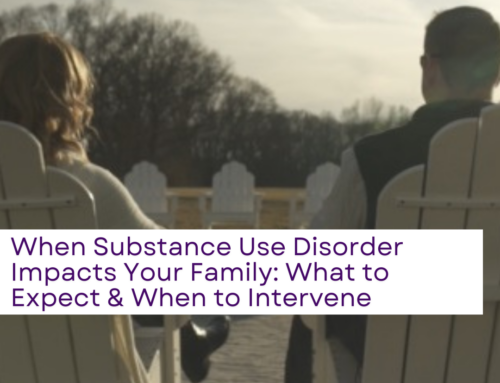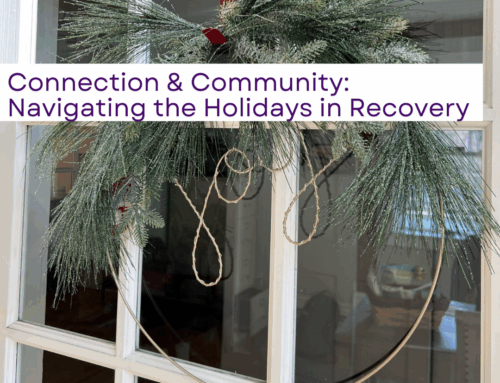Alcohol use disorder affects millions of people worldwide, impacting not only those who struggle with drinking but also their loved ones. Understanding the signs of problematic alcohol use and knowing where to turn for help can make a crucial difference in someone’s life.
Early Warning Signs of Problematic Alcohol Use

Problematic drinking often develops gradually, making it challenging to recognize when casual use becomes concerning.
Watch for these early warning signs:
- Using alcohol to cope with stress, anxiety, or difficult emotions, often drinking more frequently or in larger amounts than planned.
- Making excuses or becoming defensive when others express concern about drinking habits, including hiding alcohol use or lying about the amount consumed.
- Experiencing frequent hangovers that interfere with work, relationships, or daily responsibilities.
- Choosing drinking occasions over previously enjoyed activities and spending increasing time recovering from drinking episodes.
The social impact of developing alcohol problems can be subtle but significant. A person might gradually choose drinking occasions over other activities they once enjoyed, spend increasing amounts of time recovering from drinking, or begin drinking alone more frequently. Difficulty stopping once starting to drink is another concerning sign that warrants attention.
Signs of More Advanced Alcohol Use Disorder
As alcohol problems progress, more severe symptoms typically emerge that indicate a more serious situation requiring professional intervention. Physical symptoms become more pronounced, including:
- developing tolerance (requiring more alcohol to achieve the same effect).
- experiencing withdrawal symptoms when not drinking (such as shakiness, sweating, or nausea).
- having blackouts or memory lapses while drinking.
- continuing to drink despite related health problems or other negative consequences.

3
The behavioral impact becomes more severe as well. Someone might find themselves unable to control or limit drinking despite attempts to do so, neglect work, school, or family responsibilities due to drinking, engage in risky behavior while drinking, or experience legal problems related to alcohol use.
Psychological signs also tend to intensify. These often include feelings of guilt or shame about drinking, experiencing anxiety or depression that worsens with drinking, having difficulty imagining life without alcohol, and continuing to drink despite negative impacts on relationships and mental health.
How Family and Friends Can Help
Supporting someone struggling with alcohol requires patience, understanding, and clear boundaries. The most effective approach starts with expressing concern constructively. Choose a time when your loved one is sober and receptive to conversation, using “I” statements to express concern rather than making accusations. Focus on specific behaviors and their impact, and listen without judgment, avoiding lectures or ultimatums.
Setting healthy boundaries is crucial for both parties. Be clear about what behaviors you will and won’t accept, and avoid enabling by not covering up for their drinking-related problems. Take care of your own emotional and mental health, and consider joining support groups for families affected by alcohol use.
Practical support can make a significant difference. This might include helping research treatment options, offering to attend medical appointments or support group meetings, assisting with practical tasks during early recovery, and creating alcohol-free social activities and environments.
Getting Help: Resources and Treatment Options

Recovery from alcohol problems is possible with appropriate support and treatment. Here are key resources and options to consider:
Professional Support:
- Consultation with healthcare providers for safe withdrawal management
- Individual counseling with addiction specialists
- Outpatient or inpatient treatment programs
- Mental health treatment for co-occurring conditions
Support Networks and Lifestyle Changes:
- Participation in recovery support groups (AA, SMART Recovery, etc.)
- Development of healthy stress management techniques
- Creation of strong sober social connections
- Engagement in meaningful alcohol-free activities
When to Seek Emergency Help
Some situations require immediate medical attention. Emergency care is necessary if someone shows signs of severe alcohol withdrawal (including seizures, hallucinations, or severe confusion), has consumed dangerous amounts of alcohol, is unconscious or cannot be awakened, has slow or irregular breathing, or shows signs of alcohol poisoning.
Is It Ever Too Early to Get Help with Alcohol?
It’s never too early to seek help with alcohol concerns. Many people mistakenly believe they need to hit “rock bottom” or develop severe symptoms before reaching out for support, but this couldn’t be further from the truth. In fact, seeking help early, when you first notice concerning patterns or feelings about your drinking, often leads to better outcomes and can prevent the development of more serious problems.
Whether you’re wondering if your weekend drinking has become too regular, finding yourself using alcohol to cope with stress, or simply feeling uneasy about your relationship with alcohol, these concerns are valid reasons to seek support.

Early intervention can provide you with valuable tools and insights, helping you make informed decisions about your alcohol use before more significant problems develop. Professional counselors and support groups welcome people at all stages of alcohol concern, not just those with severe problems.
Remember that recovery is a journey, not a destination. Many people make several attempts at recovery before achieving lasting change. The key is to keep trying and to accept help when it’s offered. With proper support and treatment, recovery is possible, and many people go on to live fulfilling lives free from problematic alcohol use.
Taking that first step toward recovery might feel overwhelming, but it’s never too early or too late to seek assistance.
About Herren Wellness

Herren Wellness is a thriving community of people at all stages in their recovery journey. We introduce holistic therapies and strategies centered around emotional, physical, and spiritual wellness, in addition to life coaching sessions, family support and an individualized wellness plan to provide a solid foundation in recovery from alcohol and substance use.
We believe that staying connected and community has a lasting impact on recovery, and encourage all alumni to participate in our weekly alumni meetings, seasonal events and annual retreat. Your connection to Herren Wellness doesn’t end when your stay ends; we are there for you throughout your recovery journey.
If you, or a loved one are struggling with substance use, why wait? Please call us at (844) 443-7736, email us at info@herrenwellness.com, or or schedule a phone consultation. You are not alone.





